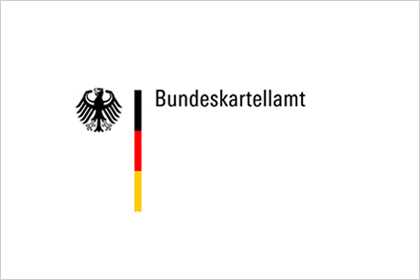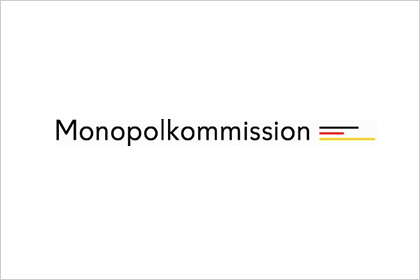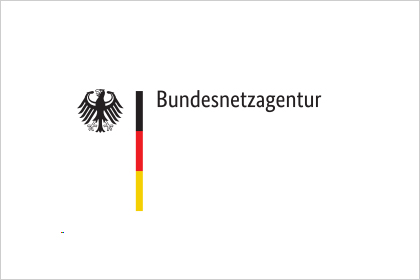Network Markets
The liberalisation of network markets is a particular focus of competition policy in Europe and in Germany. Network industries are characterised by the need for a grid or network, such as railway tracks or the electricity grid, to be in place so that the goods or services can be produced.
There cannot be competition at the network level, because it is not commercially viable to build parallel networks. On the upstream markets like electricity generation, and on downstream markets like transport, however, competition is possible.
Regulation and competition link together to serve the same goal
Infrastructure and networks therefore need to be opened up to third parties where this is necessary for competition to function in the interest of consumers. At the same time, incentives are required for investment not only in maintaining the existing infrastructure, but also in the building of new infrastructure, so that new technologies can penetrate the market.
The reform of legislation on the energy industry, the liberalisation of posts and telecommunications, and the railway reform have opened up key markets which used to be monopolies in Germany. If there is to be effective competition in these network sectors, there must be rigorous state network regulation to ensure non-discriminatory access to the network. New providers on the upstream and downstream markets rely on access to the network without being placed at a disadvantage, and at fair prices.
The regulation of network access is intended to stimulate competition on the downstream markets. State intervention in the interest of non-discriminatory access to the regulated networks must be restricted to what is absolutely necessary, and must not turn into harmful over-regulation. That is the task of the Federal Network Agency (in German), which holds the powers to regulate the five sectors of telecommunications, posts, electricity, gas and railways. The Monopoly Commission (in German) regularly produces reviews of the status and likely development of competition in these areas.
The aim: to stimulate competition
The liberalisation of the telecommunications market in particular has had an extremely positive effect in Germany. The outcome of this competition-oriented policy which, in the field of telecommunications, has also been boosted by rapid advances in technology, is new services at falling prices.
In the field of the postal service, the gradual market liberalisation has resulted in an increasing intensity of competition throughout the sector in which companies need a licence to operate. At the end of 2007, the exclusive licence for Deutsche Post AG expired for deliveries of letters weighing less than 50 grams. In the railway sector, the track system was opened up to third parties back in the 1990s in the course of the railway reform. Free access has created competition in regional and freight transport in particular.
The preconditions for functioning competition on the electricity and gas markets have been and are still being gradually improved.




